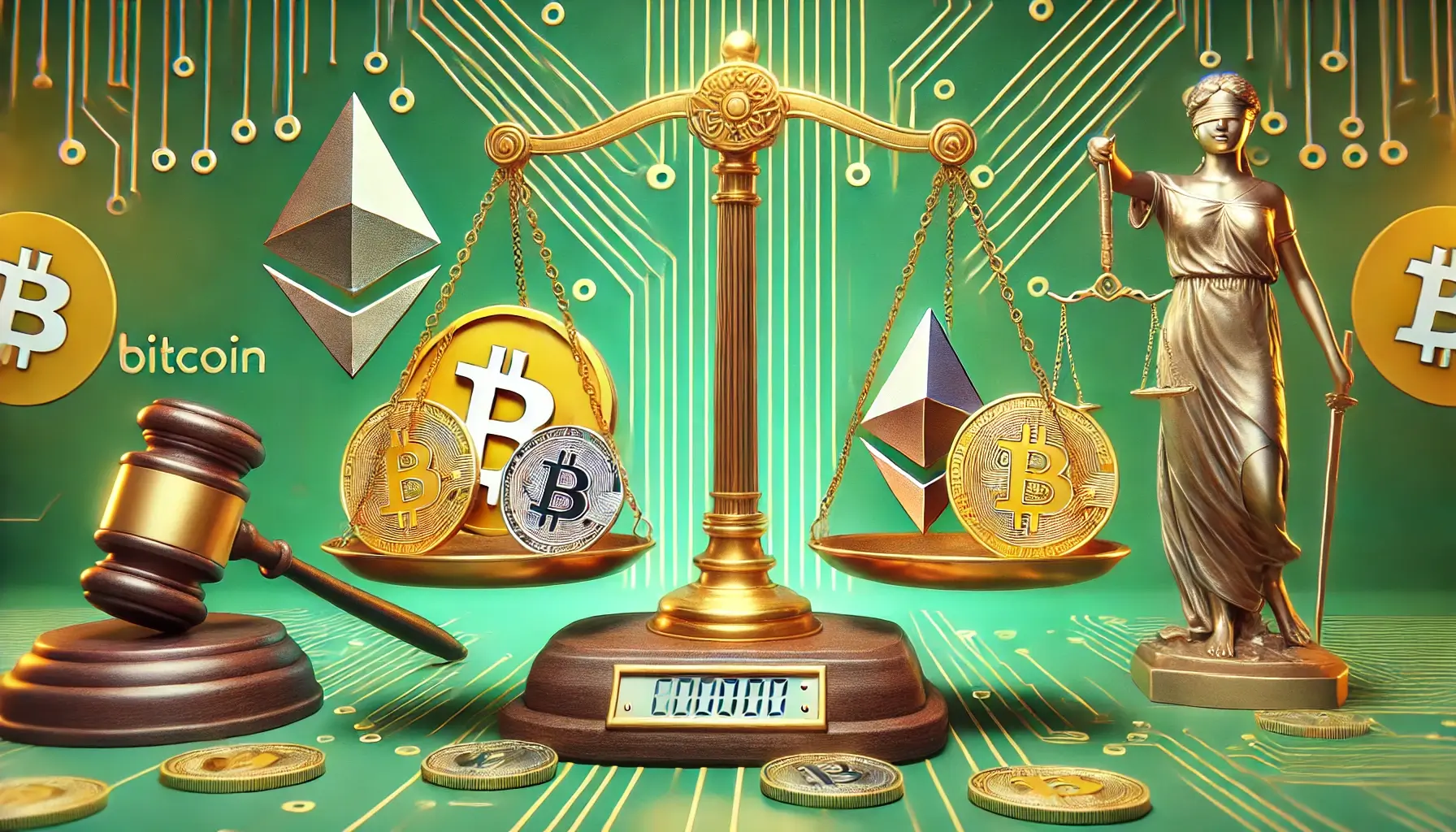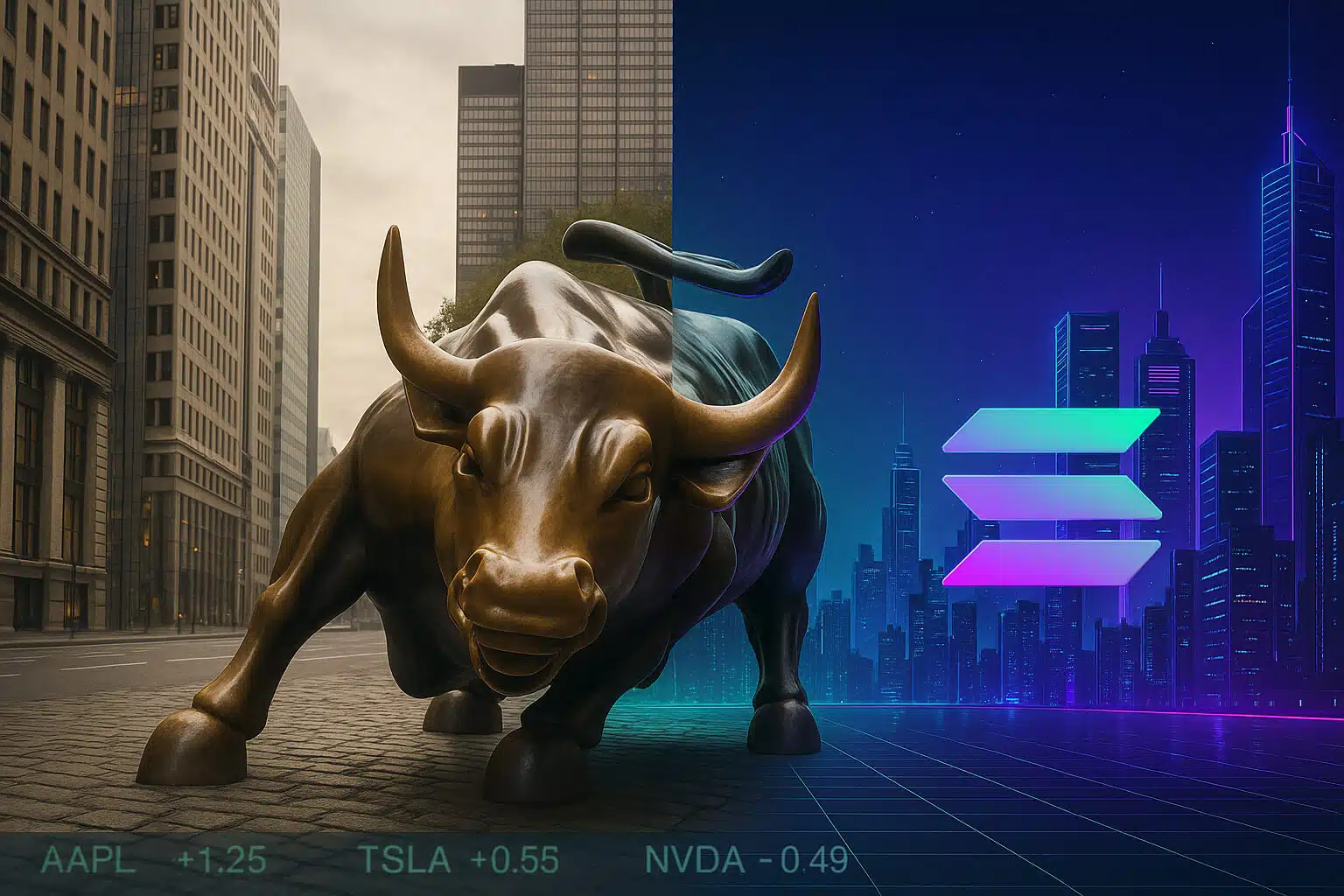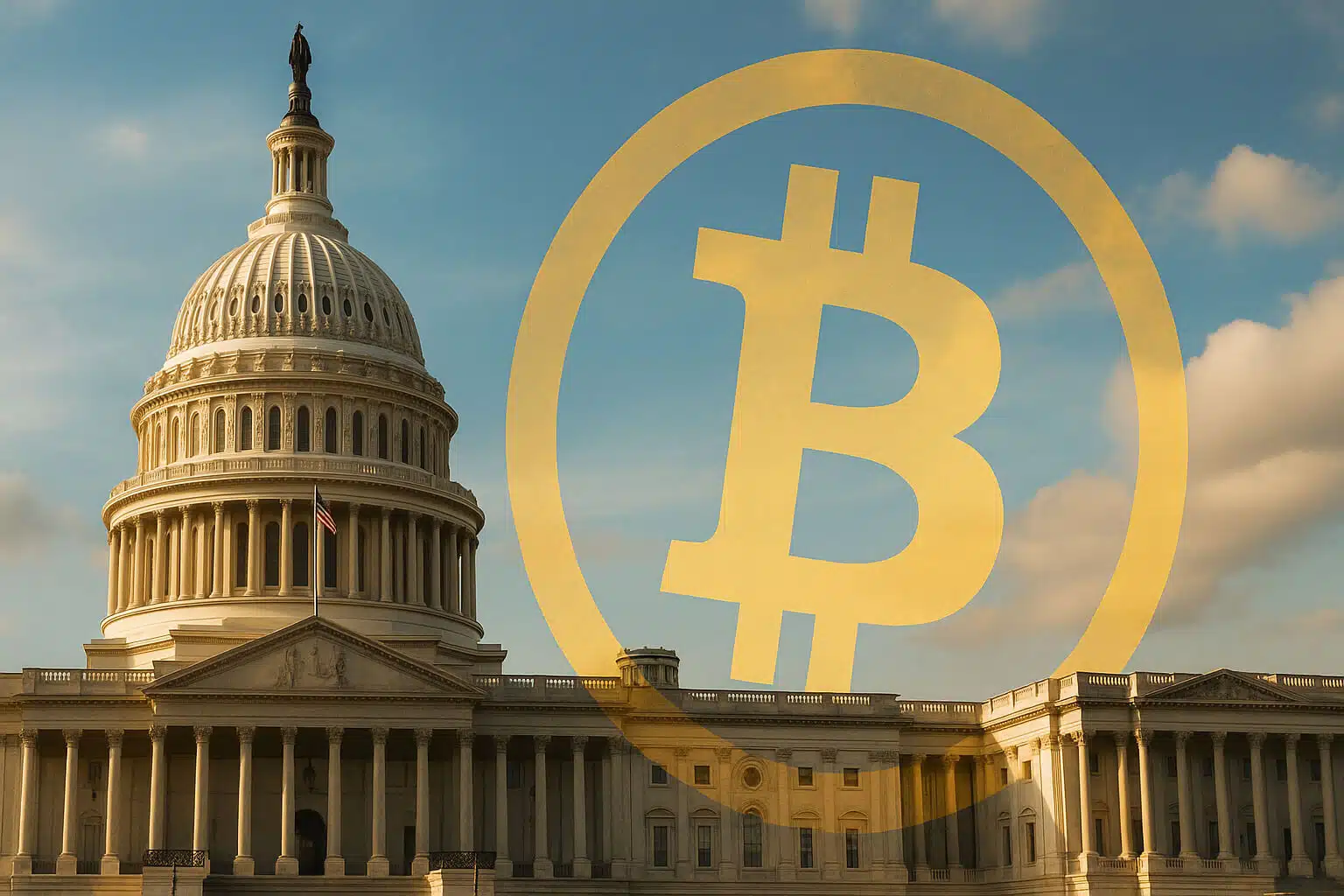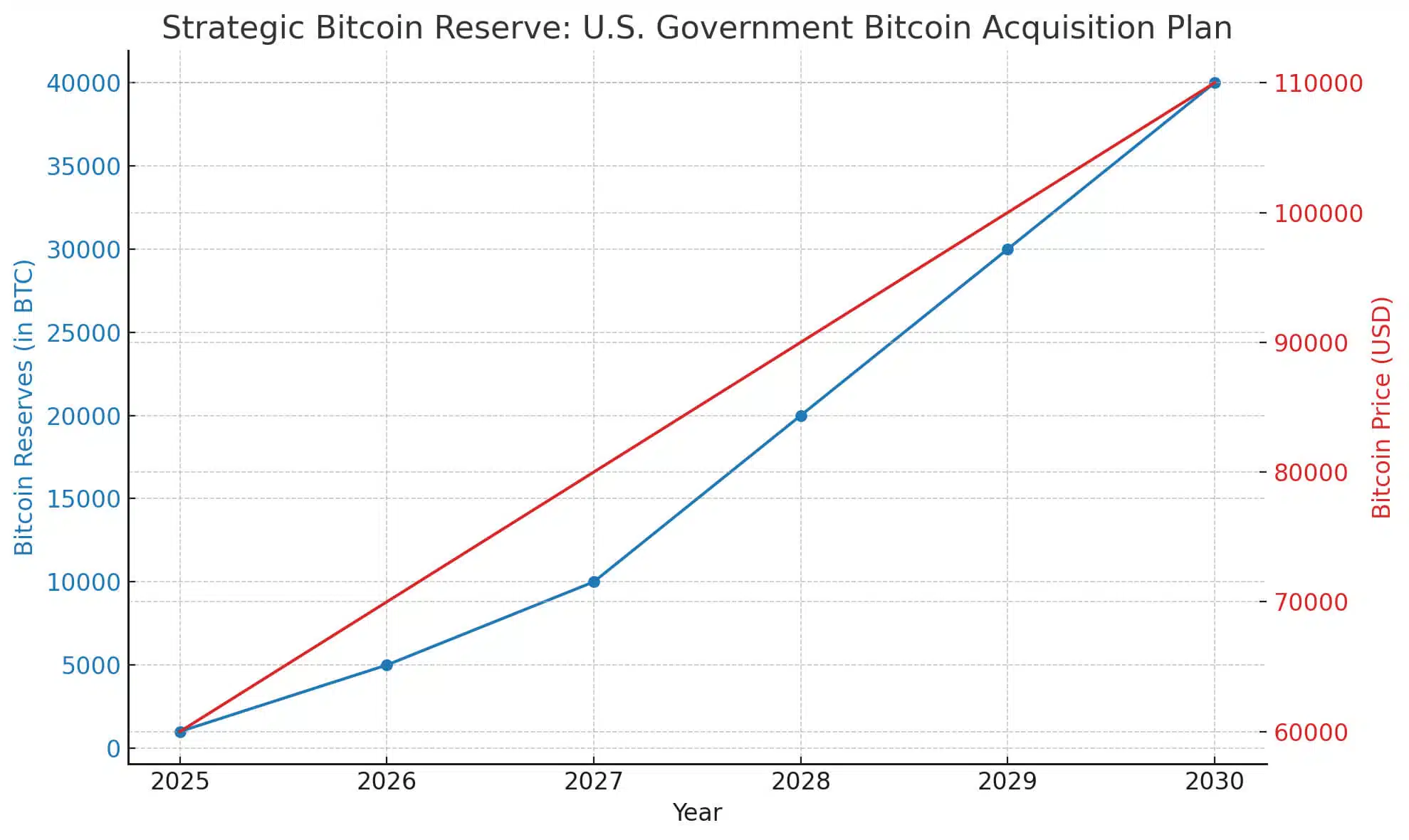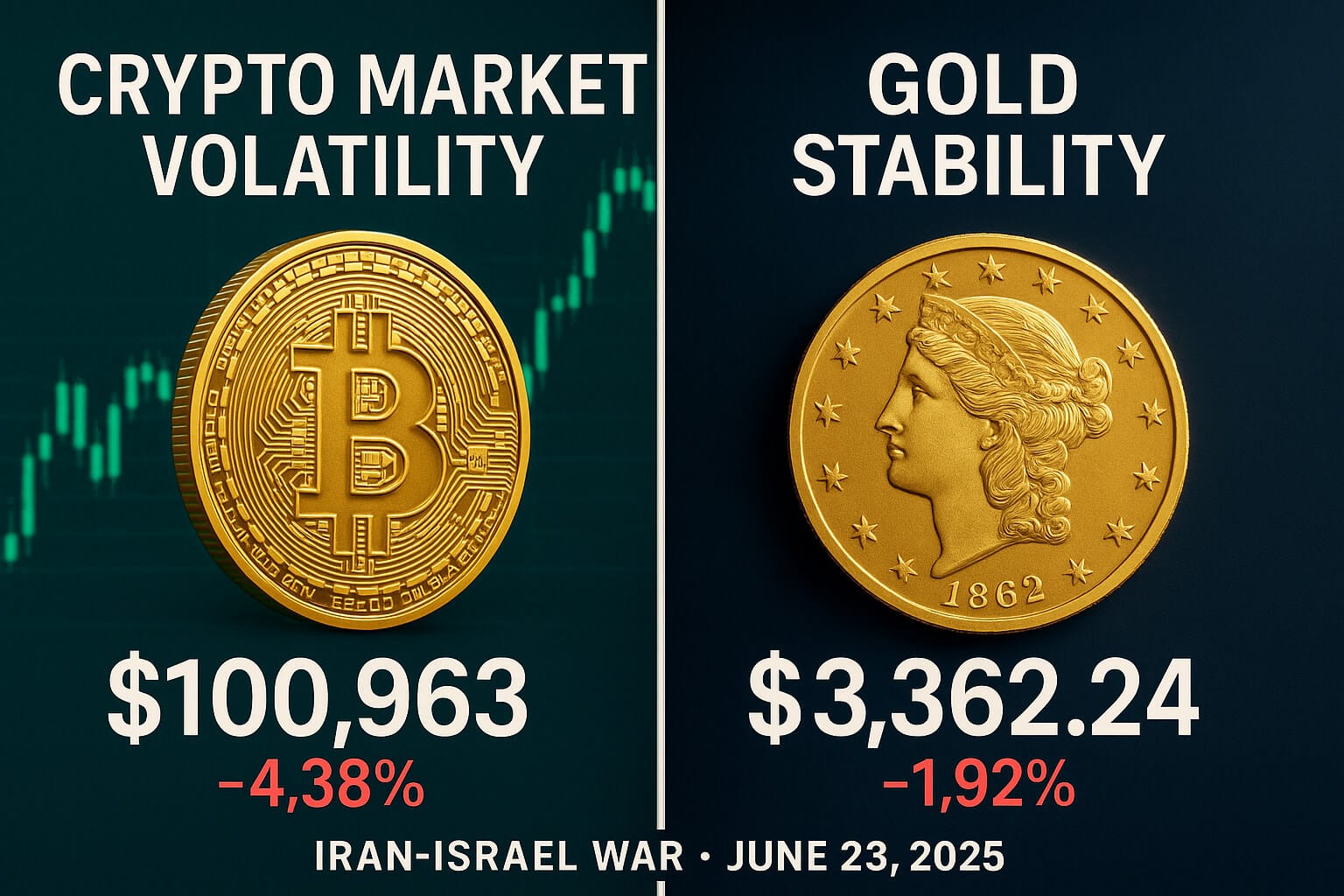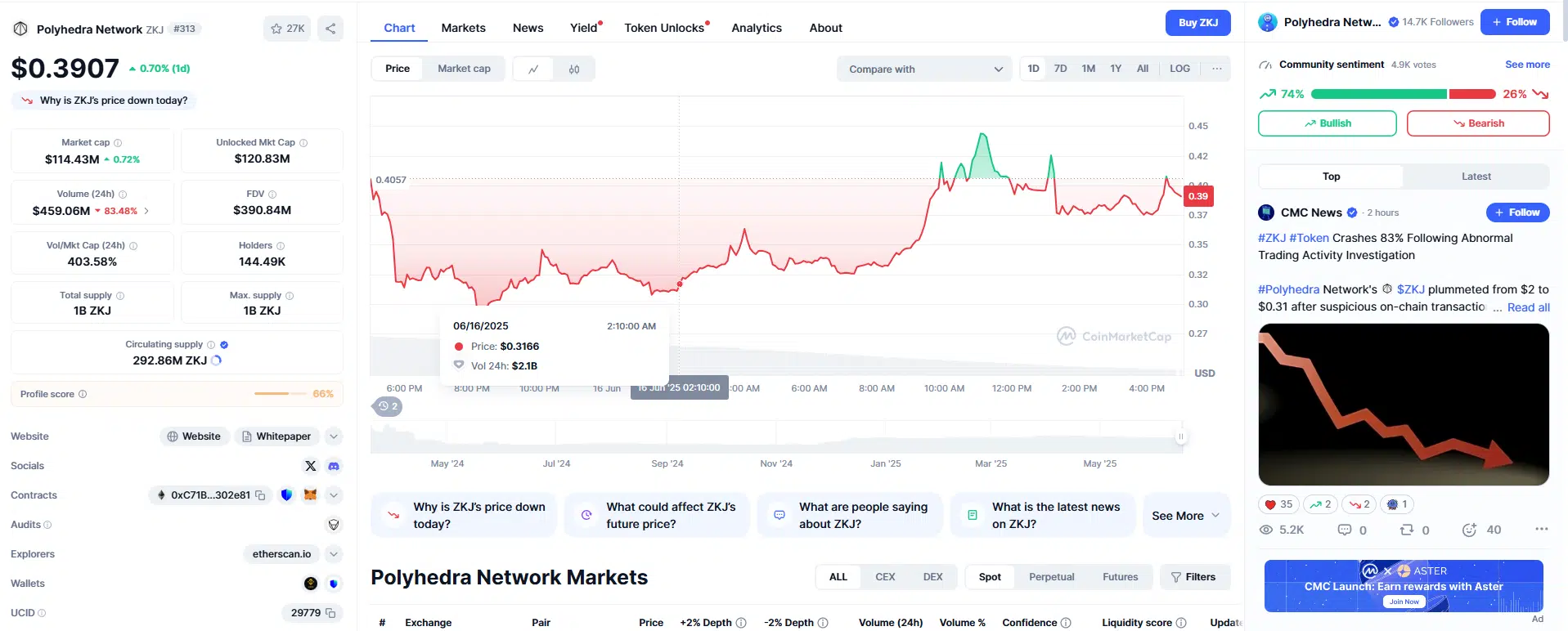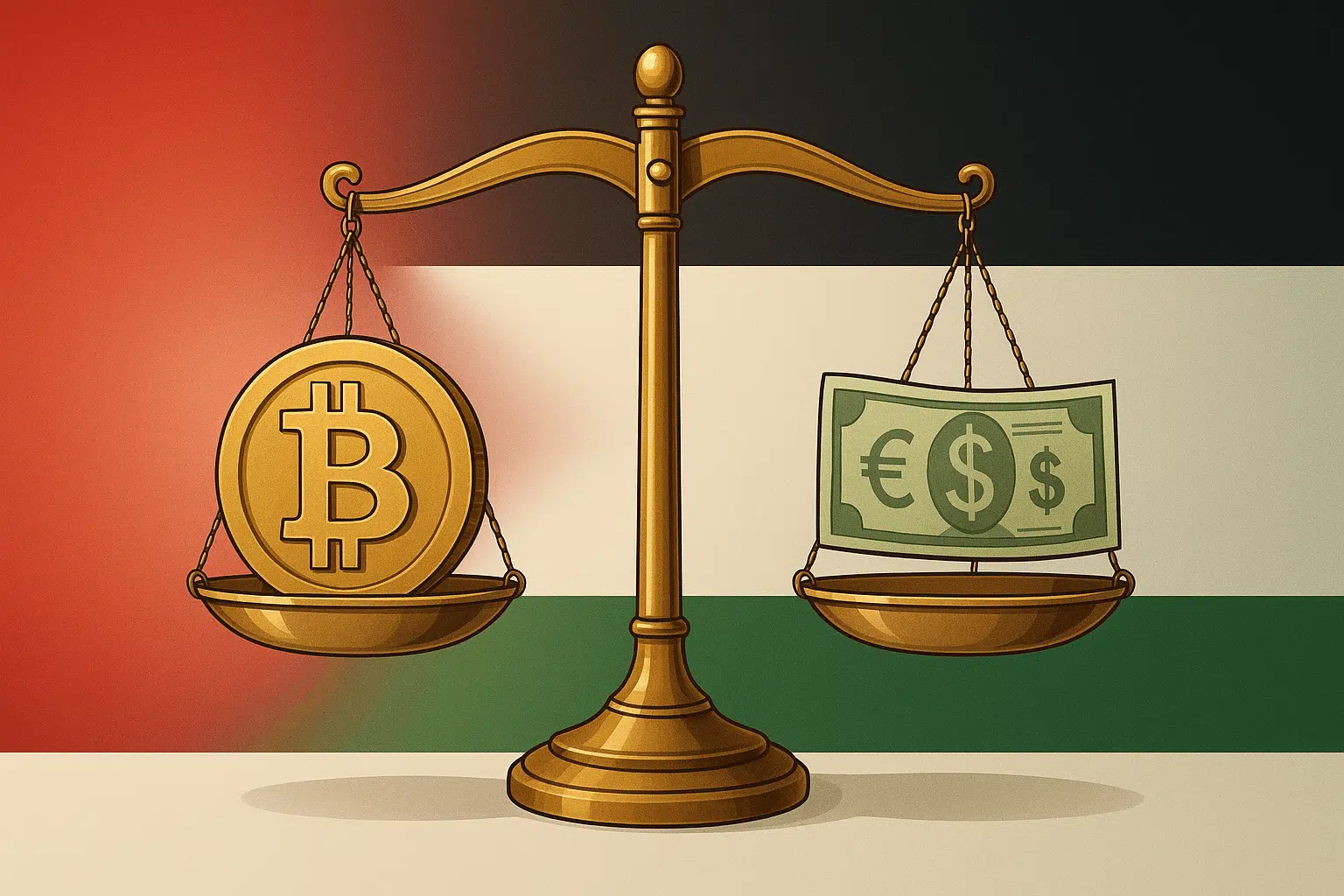Cryptocurrency has revolutionized the financial world, offering new opportunities and challenges. As this market grows, so does the need for robust regulations to ensure its stability and security. Governments and regulatory bodies worldwide are actively working to establish frameworks that balance innovation with investor protection. In this blog, we’ll delve into the latest changes in global cryptocurrency regulations, highlighting key case studies like the SEC’s lawsuits with , Coinbase, and Binance.
Understanding Global Cryptocurrency Regulations
The global regulatory landscape for cryptocurrencies is diverse and constantly changing. Different countries have adopted varied approaches, from stringent regulations to more lenient frameworks. This diversity can create challenges for global crypto businesses but also provides opportunities for regulatory arbitrage.
Key Case Studies: SEC Lawsuits and Their Impact
Ripple (XRP) Case
The SEC’s lawsuit against Ripple Labs, filed in December 2020, alleged that XRP was an unregistered security. This case has significant implications for the classification of cryptocurrencies and has sparked a broader debate on how digital assets should be regulated.
- Impact on XRP: The lawsuit led to a significant drop in XRP’s value and caused several exchanges to delist the token.
- Industry Reactions: The case has highlighted the need for clear regulatory guidelines and has been closely watched by other crypto projects.
Coinbase Lawsuit
In 2021, the SEC threatened to sue Coinbase over its planned lending product, Lend, which the SEC considered a security. Coinbase’s decision to cancel the product highlighted the regulatory uncertainty surrounding crypto financial products.
- Impact on Coinbase: The move emphasized the SEC’s stance on crypto lending products and led to increased scrutiny of similar offerings by other platforms.
- Industry Reactions: This case underscored the need for dialogue between regulators and crypto firms to establish clear rules.
Binance Lawsuit
Binance, the world’s largest cryptocurrency exchange, has faced multiple regulatory challenges across various countries, including the US, UK, and Japan. The SEC’s scrutiny over its operations has raised concerns about compliance and operational transparency.
- Impact on Binance: These regulatory challenges have forced Binance to enhance its compliance measures and reconsider its global strategy.
- Industry Reactions: The ongoing issues with Binance highlight the importance of regulatory compliance for global crypto exchanges.
The Future of Cryptocurrency Regulation
As regulators continue to navigate the complexities of the cryptocurrency market, we can expect more comprehensive and harmonized frameworks to emerge. The goal will be to protect investors, prevent fraud, and ensure the stability of the financial system without stifling innovation.
Anticipated Regulatory Trends
- Stricter KYC/AML Requirements: Enhanced Know Your Customer (KYC) and Anti-Money Laundering (AML) measures will likely become standard across global exchanges.
- Clearer Classification of Digital Assets: Regulatory bodies may establish clearer definitions and classifications for various types of digital assets.
- Increased Cross-Border Collaboration: Regulators will likely collaborate more to address the global nature of cryptocurrency transactions.
Staying Informed and Compliant
Navigating the evolving landscape of cryptocurrency regulations can be challenging, but staying informed is crucial for both investors and businesses. By understanding the regulatory environment and its implications, you can make better-informed decisions and remain compliant.
FAQs:
1. What are the latest changes in global cryptocurrency regulations?
Recent changes include stricter KYC/AML requirements, clearer classifications of digital assets, and increased cross-border collaboration among regulators.
2. How has the SEC’s lawsuit against Ripple impacted the crypto market?
The lawsuit has led to a significant drop in XRP’s value, caused exchanges to delist the token, and sparked a debate on how digital assets should be regulated.
3. What was the outcome of the SEC’s conflict with Coinbase?
Coinbase decided to cancel its planned lending product, Lend, highlighting the regulatory uncertainty surrounding crypto financial products.
4. Why is Binance facing regulatory challenges?
Binance’s regulatory challenges stem from concerns over compliance and operational transparency, prompting the exchange to enhance its compliance measures.
Stay Updated
For the latest airdrops and crypto news, follow us on:


